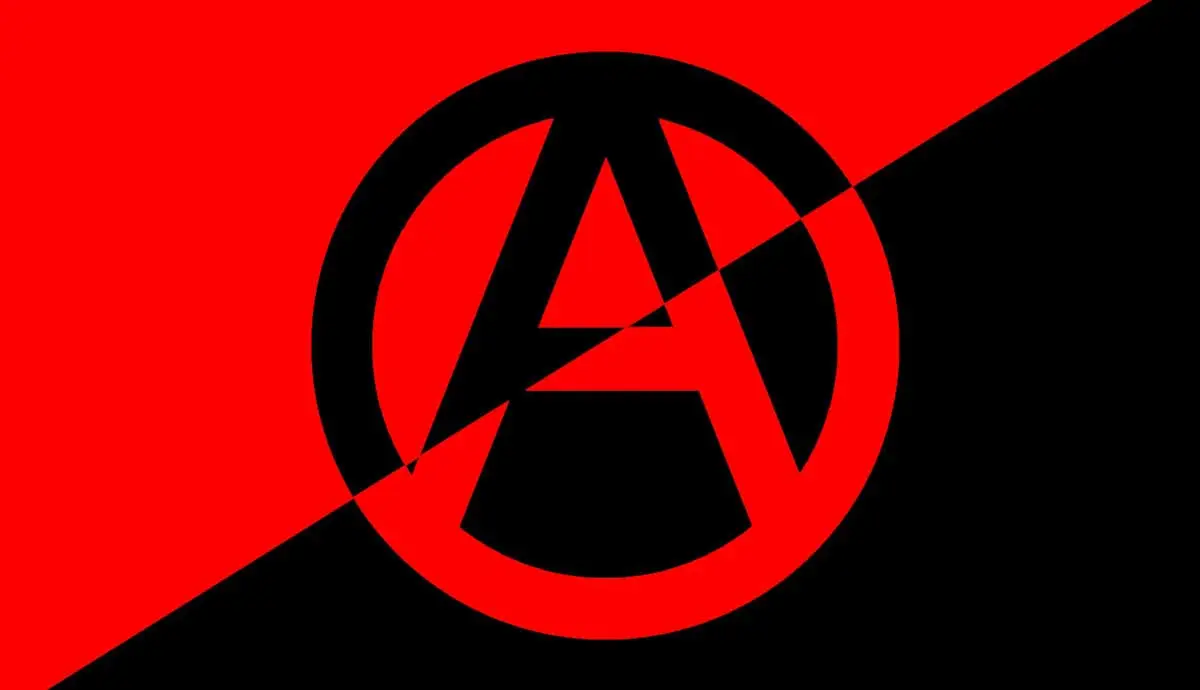What do anarchists ask for? Do they necessarily want to use violence to get there? And what are the main differences between anarchist groups such as mutualists and anarcho-capitalists?
By Joseph T F Roberts, August 23, 2023
We all have some preconceptions of what “anarchism” means. But what is the actual political philosophy that anarchists argue for? In some senses, there are as many forms of anarchism as there are anarchists. Some anarchists advocate the abolition of property rights, others argue they should be strengthened. Some anarchists are strict individualists, others champion more communal forms of living. What all anarchists agree on, however, is that the state ought to be abolished. In this article, we explore both the common features of anarchism and the points of contention between different schools.
The Origins of Anarchism
The term anarchism derives from the ancient greek term arché, meaning both “first principle from which others are derived” and “ruling power.” Anarchism is the negation of the existence of an arché: the rule of no one, or non-rule. As self-described anarchists use the term, it does not mean chaos, or disorder, or civil war, even if this is the meaning that it has acquired in the popular imagination (Kinna, 2009, p. 7).
Although Pierre Joseph-Proudhon was the first person to actively describe themselves as an anarchist, the historical precedents can be traced back to the Epicureans and Cynics. Both groups of philosophers argued that achieving tranquility and self-control required abstaining from politics. Where they differed, however, is in the methods they believed should be used to achieve this. Whereas Epicurus advocated attempting to go unnoticed by living a simple life outside the city-state, Diogenes the Cynic took a more “in-your-face” approach, arguing we ought to actively disrespect political authority and the norms of behavior they uphold.



